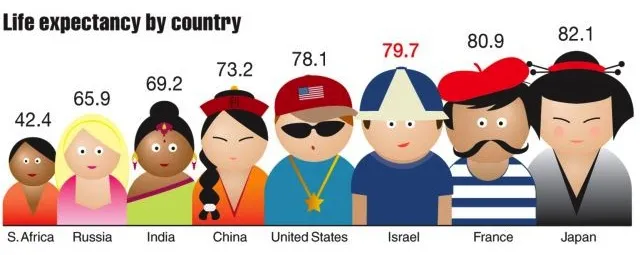Although the life expectancy of youth type 1 is almost a decade less than that of their healthy peers, this implies an improvement with respect to previous studies.
The life expectancy of young people with type 1 diabetes is between 11 and 13 years less than that of their peers without the disease, according to a study of Scotland.
"This result is optimistic: as long as there is no cure of diabetes"
While the news might seem discouraging, the main author said he indicates an improvement regarding the estimates of the great published studies.
Dr. Helen Colhoun, of the Faculty of Medicine of the University of Duendee, stressed that the difference in the life expectancy of both groups is decreasing."It is not zero. But the goal is to be zero," he said.
In Jama, his public team that, according to previous estimates from the United Kingdom, the population with type 1 diabetes died between 15 and 20 years before people without diabetes.A report of the 70s increased that 27 -year -old gap in the United States, while a report of the 1980s in New Zealand placed it in 16.5 years.
"Most are old data," said Colhoun.For her, having correct information is relevant because it demonstrates the progress of the care of type 1 diabetes.
The authors reviewed the national data of Scotland over 24,691 people with type 1 diabetes diagnosed between 2008 and 2010. They estimated that men with type 1 diabetes would live 11 years less than men without the disease, while in women that difference would be13 years.
At 20, for example, type 1 diabetics would live, on average, up to 66 (men) or 68 (women) years, while those without the disease would live, respectively, 77 or 81 years.Even in people with type 1 diabetes and preserved renal function, the gap was eight years.
"It should be noted that they are averages. Some people with type 1 diabetes will have a very widespread life expectancy and others, they are estimates," said Colhoun.
The main factor of loss of life expectancy is heart disease, but people who died before the age of 50 were more likely to die from more acute diseases, such as ketoacidosis.For Colhoun, the results demonstrate the importance of strict control of blood glucose values and cardiovascular risk factors of people with type 1 diabetes.
In a second study published in the same magazine, a team compared the evolution to seven years of 711 patients with strict blood glucose control with that of 730 people with a more lax monitoring.The first group was less prone to die in 27 years than the second group.
"This result is optimistic: as long as there is no cure of diabetes, at least we can preserve the health and future of type 1 diabetics," said Dr. Lori Laffel, from the Joslin Diabetes Center, Boston.







